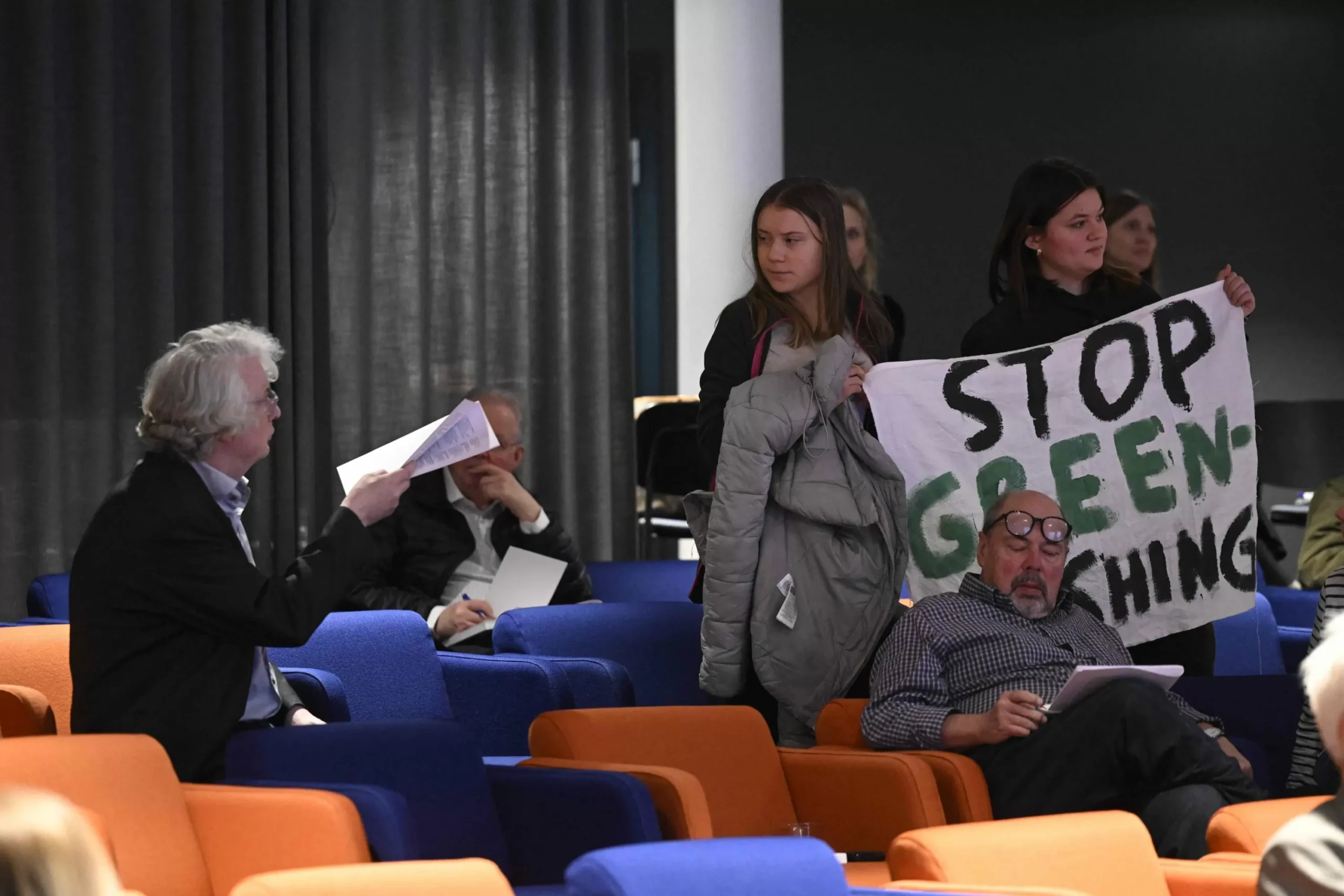The issue of climate change has become a pressing concern for businesses and individuals alike, with the global community recognizing the urgent need for action. In response to this, many companies have implemented corporate climate efforts in an attempt to reduce their environmental impact and contribute to a greener future. However, recent allegations of “greenwashing” have emerged, casting doubt on the effectiveness and sincerity of these efforts.
Greenwashing refers to the practice of making false or exaggerated claims about a company’s environmental practices in order to appear more environmentally responsible than they actually are. This is a serious issue, as it can mislead consumers and undermine the efforts of genuine environmentally conscious businesses. The main tool used to evaluate corporate climate efforts is the Greenhouse Gas Protocol, a globally recognized standard developed by the World Resources Institute and the World Business Council for Sustainable Development. However, this standard is now facing allegations of greenwashing from its own employees.
The Greenhouse Gas Protocol provides guidance and tools for businesses to measure and manage their greenhouse gas emissions. It is widely used by companies to report their emissions and set reduction targets. However, a group of employees from the World Resources Institute, the organization responsible for the Protocol, has accused their employer of greenwashing. They claim that the Institute has been ignoring its own environmental impact and not living up to the standards it promotes.
These allegations are particularly concerning as the World Resources Institute is a leading environmental think tank and has been a driving force in the development of the Greenhouse Gas Protocol. If the Institute itself is not meeting the standards it advocates for, it raises questions about the effectiveness and credibility of the Protocol. The employees have also expressed concern that the Institute’s actions may be undermining the efforts of other businesses trying to reduce their emissions.
This controversy comes at a time when businesses are facing increasing pressure to address their environmental impact. The COVID-19 pandemic has further highlighted the importance of sustainability and the interdependence between the economy and the environment. Many companies have recognized the need to take action and have made commitments to reduce their emissions and invest in renewable energy.
The Greenhouse Gas Protocol has played a crucial role in helping businesses measure and manage their emissions, but it is not without its flaws. Critics argue that the Protocol does not take into account the full scope of a company’s environmental impact, such as water usage and waste management. This makes it easier for companies to manipulate their emissions data and present a more favorable picture of their environmental performance.
In addition, the Protocol relies heavily on self-reporting by companies, which can lead to inaccuracies and inconsistencies in the data. This is where the issue of greenwashing becomes more prevalent. Without proper verification and accountability measures in place, companies can make false or exaggerated claims about their environmental practices without facing any consequences.
The current controversy surrounding the Greenhouse Gas Protocol highlights the need for a more robust and transparent standard for evaluating corporate climate efforts. Businesses must be held accountable for their environmental impact, and consumers need to have confidence that the information they are presented with is accurate and trustworthy. The allegations of greenwashing from within the World Resources Institute serve as a wake-up call for the need to improve and strengthen the Protocol.
Fortunately, steps are being taken to address these concerns. The World Resources Institute has acknowledged the need for improvement and has committed to reviewing and updating the Protocol to better reflect the current environmental landscape. This includes expanding the scope of the standard to include other environmental impacts and implementing third-party verification processes.
As businesses continue to navigate the challenges of the current climate crisis, it is crucial that they have access to reliable and effective tools to measure and manage their emissions. The Greenhouse Gas Protocol has played an important role in this regard, but it is clear that there is room for improvement. It is the responsibility of all businesses, big and small, to take meaningful action towards sustainability and to be transparent about their efforts. Only then can we truly make progress towards a greener and more sustainable future for all.





